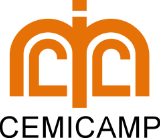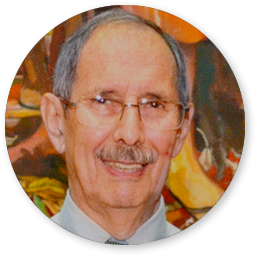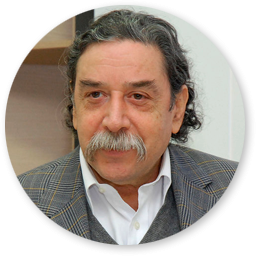A reference in health in the country, the Campinas Reproductive Health Research Center (CEMICAMP) is a non-profit non-governmental organization (NGO), created in 1977. The idea came from a group of professors from the Department of Tocogynecology (DTG) at the Faculty of Medical Sciences (FCM), at the State University of Campinas (Unicamp), who carried out research on women’s health, using resources from national and international institutions. Given the bureaucracy faced at that time, this institution was initially created to speed up the receipt and administration of resources.
Initially, its objectives were: to streamline and optimize the research and extension projects and programs of the DTG, including the development of operational research to establish models of medical care, support for postgraduate education and the implementation of a maternal and child institute in the region. from Campinas.
At that time, the agency’s activities were carried out in the maternity department of the Santa Casa de Misericórdia de Campinas, where part of the DTG/FCM worked. Afterwards, he moved to the Cruzada das Senhoras Católicas building, on Rua Doutor Quirino, rented by Unicamp.
This building was shared with the Campinas Rehabilitation Institute, with the Psychiatry and Family Planning and Infertility Outpatient Clinics, and with the Department of Preventive Medicine. With the expansion of activities, CEMICAMP began to develop its work in a rented house, close to Santa Casa, returning later to the Cruzada das Senhoras Católicas.
On September 3, 1986, the Center began to occupy its own headquarters, built on an area of 10,000m². This is a land donation from Ms. Jandira Pamplona, owner of Fazenda Santa Geneva, which borders Unicamp.
Professor José Aristodemo Pinotti played a leading role in the history of this NGO, both in its creation and in its development and acquisition of the land. At the time, the campus ended at Rua Vital Brasil, in front of Hospital das Clínicas (HC). Over time, the University expanded and, today, CEMICAMP is integrated into the hospital complex and FCM.
Professor Pinotti was the first president of CEMICAMP, holding the position until 1989, when he left voluntarily. The presidency of the institution was then occupied by the following professors:
The CEMICAMP work team started with four professionals and others were gradually added. At the moment, the agency has a multidisciplinary team that works in research and interventions aimed at promoting the sexual and reproductive rights of women and men. In addition, it works in partnership with Unicamp, actively collaborating in the assistance, teaching and research activities of the DTG.
Dr. Luis Bahamondes
Presidente
Board of Directors
Board of Directors elected in 2021:
Luis Guillermo Bahamondes
CEO
Dr. João Luiz Carvalho Pinto e Silva
Vice President
Veronica Gomes Alencar de Lima e Moura
Financial-Administrative Director
Arly de Lara Romeu
Maria José Martins Duarte Osis
Ilza Maria Urbano Monteiro
Fiscal Council
Mission
Plan, develop and execute actions and programs, alone or in collaboration with other institutions, aimed at promoting the health and sexual and reproductive rights of women and men.
Ways
Values







